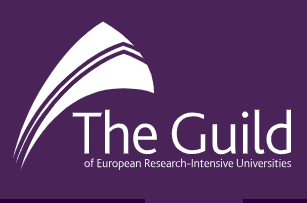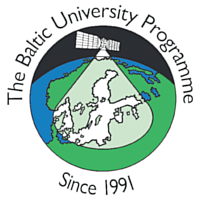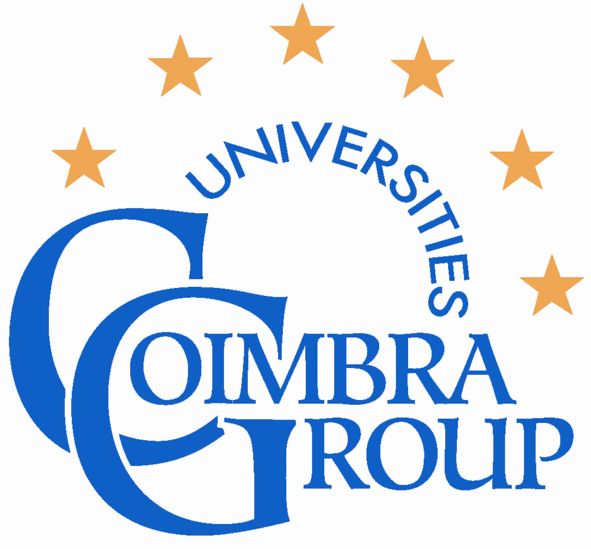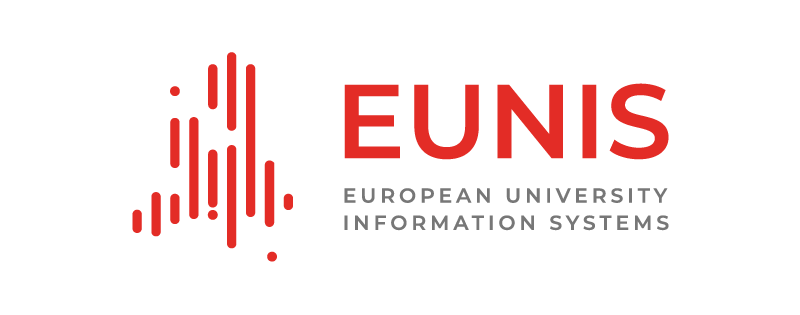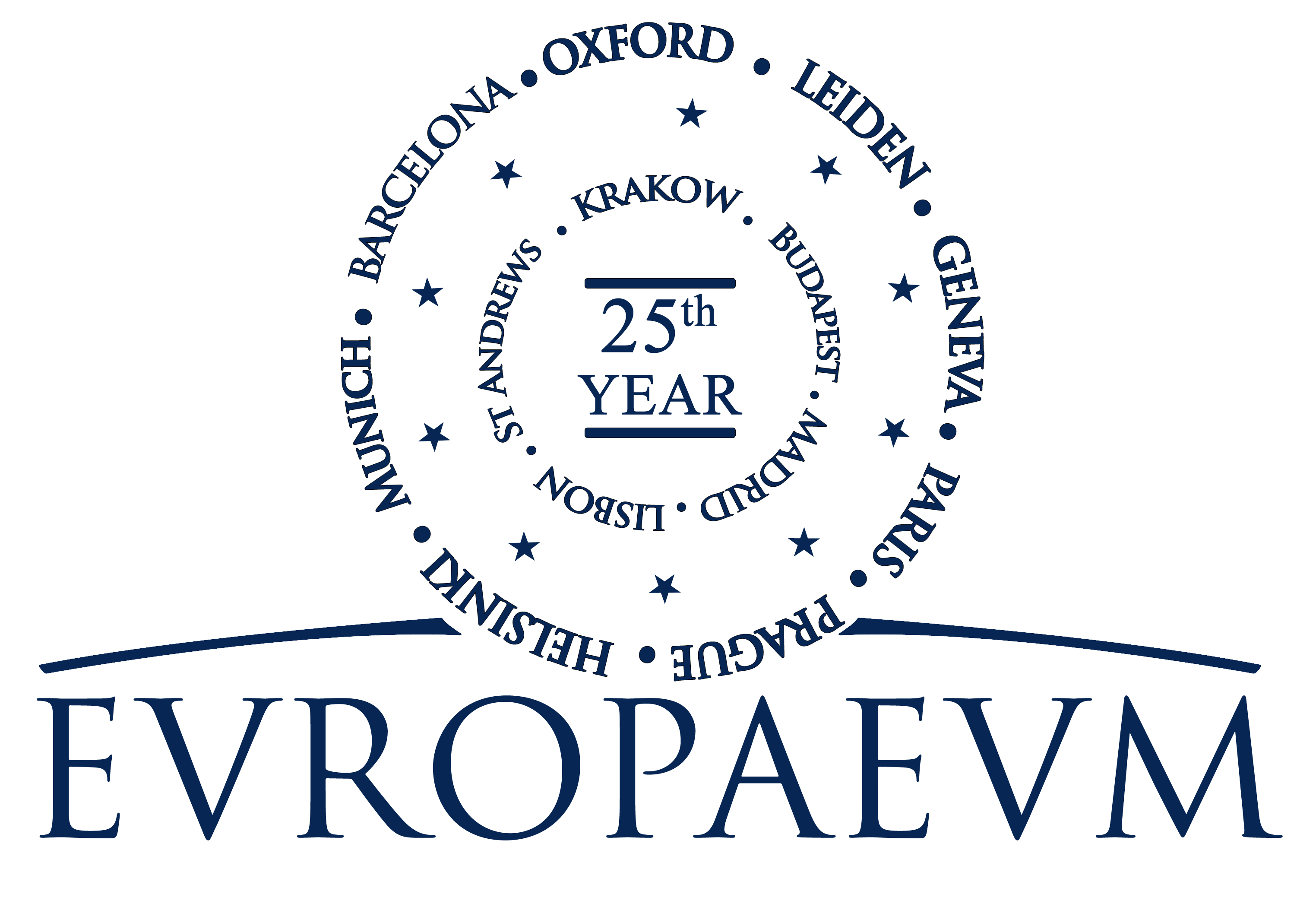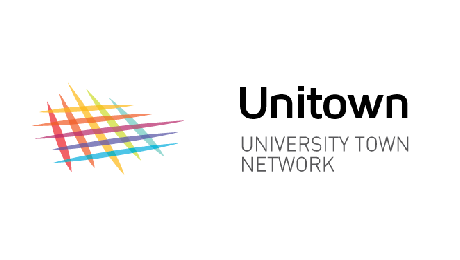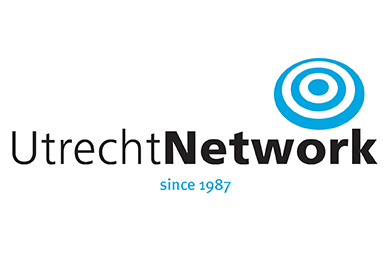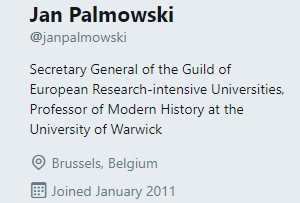
Article by Jan Palmowski. This article was originally published by Times Higher Education
The sun begins to rise on Horizon Europe
This article was originally published by Times Higher Education
After much wrangling, a partial political agreement on the European Union’s next framework programme, Horizon Europe, has been reached. Struck via a “trilogue” between the European Commission, European Council and European Parliament in mid-March, the agreement is remarkably comprehensive and gives us a good sense of the final shape of Horizon Europe.
The big picture is an encouraging one. Most significantly, the agreement affirms that excellence will continue to be the cornerstone of EU research funding. The parliament – which will vote on the proposals in its last pre-election session in April – wanted to reduce the divide in funding rates between the bloc's newer member states, known as the EU-13, and the older ones, which have won the lion’s share of grants in the current framework programme, Horizon 2020. However, this was rejected by the council. National leaders were clearly not prepared to set up Horizon Europe to fail by diluting its focus on quality. Nor were they prepared to absolve member states of their own responsibility to address the divide, given that 90 per cent of European research and innovation spending takes place at the national level.
But small concessions were made. Horizon Europe will now formally aim for a greater participation of EU-13 states compared with Horizon 2020. And the budget for widening participation – from which EU-13 states derive over 10 per cent of their EU research income – will increase from 0.8 per cent in Horizon 2020 to 3.3 per cent. But it will be critical to ensure that the widening participation instruments genuinely enhance participants’ capacity to compete in all parts of Horizon Europe, rather than creating a dependence on this funding stream.
The council also resisted introducing any EU interference in national pay provisions, turning down the parliament’s wish for greater equity in the salaries paid by EU projects (the “equal pay for equal work” principle).
Meanwhile, the parliament succeeded in inserting a novel mechanism to rapidly fund researchers who come up with completely new ideas outside the confines of the standard "clusters" under Horizons Europe's second pillar ("Global Challenges and Industrial Competitiveness"), across the entire spectrum of research, from basic to applied.
The agreement allows implementation planning to begin in earnest, maximising the chances of Horizon Europe’s beginning on time in 2021. This process will include consulting on priorities for the global challenges. At one level, both parliament and the council have been successful in ensuring that these are subject to political control: the broad mission areas will be enshrined in law. But, in practice, the commission will retain its agenda-setting role in stipulating how the broadly defined challenges actually operate. In doing so, it must ensure that they address clear societal concerns and don’t become fixated on technological solutions as a way of achieving measurable impact.
In this regard, the agreement holds real promise for fundamental research in the social sciences, arts and humanities (SSH). There is consensus that there must be a SSH-led cluster under Pillar Two. Moreover, the parliament successfully insisted that SSH-led calls be embedded in the other clusters, too, ensuring that these disciplines will not always be an “add-on” to technology-led consortia.
This clear recognition of the value that SSH brings in addressing societal challenges is a result of persistent arguments from the sector. That puts the onus on us to ensure that SSH research really does become integral to EU-funded projects.
But our ability to do so will depend crucially on how calls are phrased and projects chosen. Equally, when so much emphasis is being placed on impact, innovation and results, the extent to which Horizon Europe is open to collaborative fundamental research in practice will depend on the spirit in which it is implemented.
It is also important to keep in mind that some major issues with Horizon Europe remain to be discussed later this year. These include the budget, the strategy for the European Institute of Innovation and Technology and third-country participation – an especially thorny issue given that the UK will become a third country after Brexit.
So while we are an important step closer to a successful Horizon Europe, it is still only one step.


